Menopause supplement FAQs
What are the symptoms of the menopause?
There are numerous physical and psychological symptoms of menopause, and women can experience these over a duration of anything from a few months to a few years. Common menopause symptoms include mood changes, anxiety, poor sleep, fatigue, night sweats, hot flushes, joint pain, loss of libido, brain fog, dry itchy skin and changes to one’s skin and hair.
Everyone experiences symptoms slightly differently and some people might struggle more with mental symptoms and mood than physical symptoms, or the other way around. It’s important to be aware of your body and to log any changes so that you can track what’s happening and discuss what’s bothering you with a health professional if you need to.
How do hormonal fluctuations affect our health?
Bardwell explains that, “oestrogen is used in pretty much every cell in the body. It helps with peristalsis (the movement of food through the body), production of neurotransmitters such as serotonin (which affects mood), bone-building and blood vessels.”
There are also many more uses for oestrogen – it supports immunity, joints and bones and the moisture levels in our skin. “When oestrogen drops, all of the above can possibly be affected. This can result in gut-related complaints like constipation or bloating, low mood, loss of bone mass, palpitations, migraines, increased UTIs and vaginal dryness, and dryer, itchier and more sensitive skin,” Bardwell adds.
“When progesterone levels dip, our ability to cope with stress is reduced,” and “fluctuating testosterone can impact mood, skin (acne), bones and motivation,” she explains. Low progesterone can often interfere with sleep and cause issues with heightened anxiety and low mood.
What is the purpose of menopause supplements?
There are many reasons someone might want to take menopause supplements. Natural ingredients, food-grown nutrients and additional minerals can ease symptoms and provide additional nutritional support during this life stage. However, they are not a substitute for the nutritional values found in food, and should therefore be used alongside a balanced diet.
Supplements can help you top up on essential helpful nutrients but you might also want to consider using whole foods, sleep aids and relaxation techniques alongside gentle exercise to manage your symptoms.
What to look for when buying menopause supplements?
Rather than simply buying a product marketed as being for menopause, it’s important to look for supplements offering support in specific areas. The likes of omega 3 could be helpful for joint pain and magnesium offers support when it comes to anxiety and sleep problems.
“Many people explore natural options to support their mental wellbeing.,” explains Dr Khan. “Some find herbal remedies such as pharmaceutical quality lavender oil or valerian root helpful for promoting a sense of calm. If you decide to try these, look out for the THR logo on the packaging, which shows the product is licensed for quality and safety under traditional herbal registration.”
There can be some contraindicating factors when taking a supplement, warns Bardwell. For example, it is important to note that “fish oil is not advised for anyone taking blood thinners like warfarin.”
If you’re taking HRT you might also want to avoid supplements like St John’s wort, evening primrose oil, red clover, black cohosh and ginseng. Many menopause supplements contain these ingredients and when taken without HRT they can potentially improve menopause symptoms. However, combined with HRT they can produce side effects and interfere with the effectiveness of the HRT.
If you’re at all unsure, always consult a qualified nutritionist or dietician before taking menopause supplements.
How can we protect health during the menopause?
Dr Khan explains that there are several things to consider when it comes to your wellbeing during menopause. “Exercise isn’t just for fitness, it’s a powerful mood booster,” she says. “Even a brisk 10-minute walk can help relieve stress and anxiety by triggering the release of endorphins. If high-intensity workouts feel daunting, try dancing in your kitchen, swimming or a gentle yoga session.”
“Sometimes, the best thing you can do is simply pause. Whether it’s through mindfulness, a relaxing bath or even a few minutes of deep breathing, giving yourself a break can reset your mind and ease anxiety. Try carving out a quiet moment each day to focus on being present.”
“Bottling up anxiety only makes it worse. Talk to a trusted friend, join a support group or seek professional help if needed. Simply saying ‘I’m struggling’ can be a huge relief and the first step toward feeling better,” she adds.
When it comes to menopause supplements for bone and muscle health, Bardwell recommends taking D3 and K2. But she also points out that a varied and balanced diet is essential for managing symptoms. “Calcium is crucial for bones. We need almost 1,200mg when we hit 50 years of age (almost twice the recommendation for the under 50s),” Bardwell says. This is because as hormone levels drop, bones can become weaker and more brittle.
However, she adds, calcium is “one ingredient that I don’t recommend supplementing unless advised by a doctor. Calcium supplements can cause arteries to harden. Instead, look to food sources such as dairy, sardines, broccoli, almonds, green leafy veg, sesame seeds, tofu and other soya products like milk and yoghurt.”
Shopping for vitamins? We’ve rounded up the best supplements to buy, according to the experts, and the best magnesium supplements
.png)
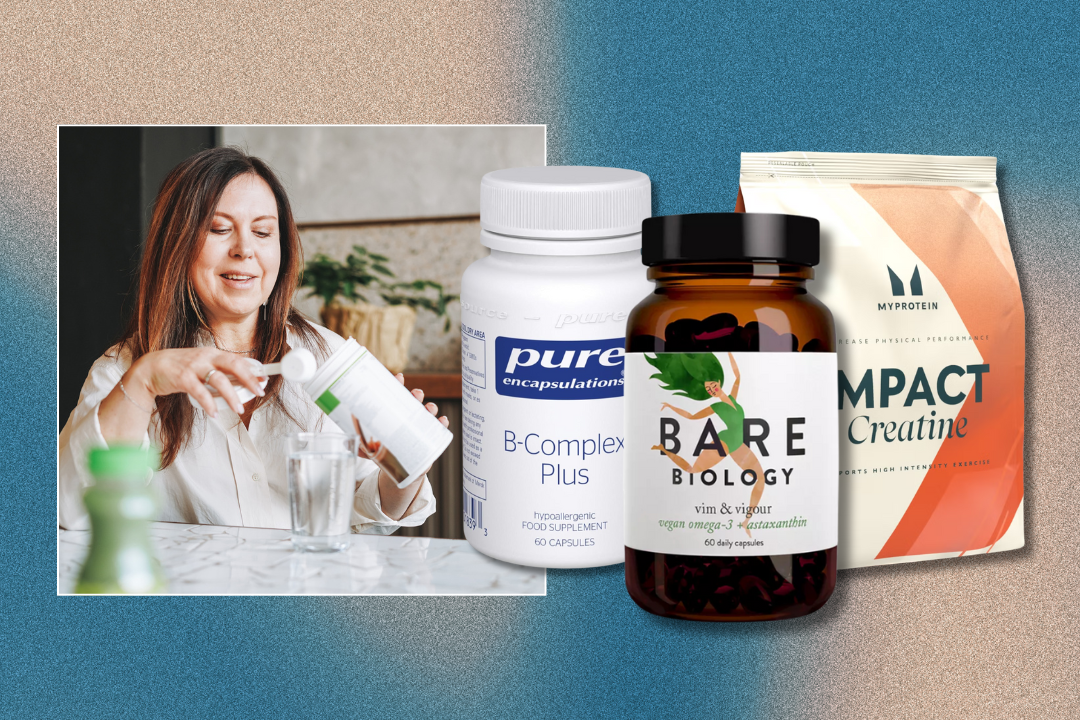
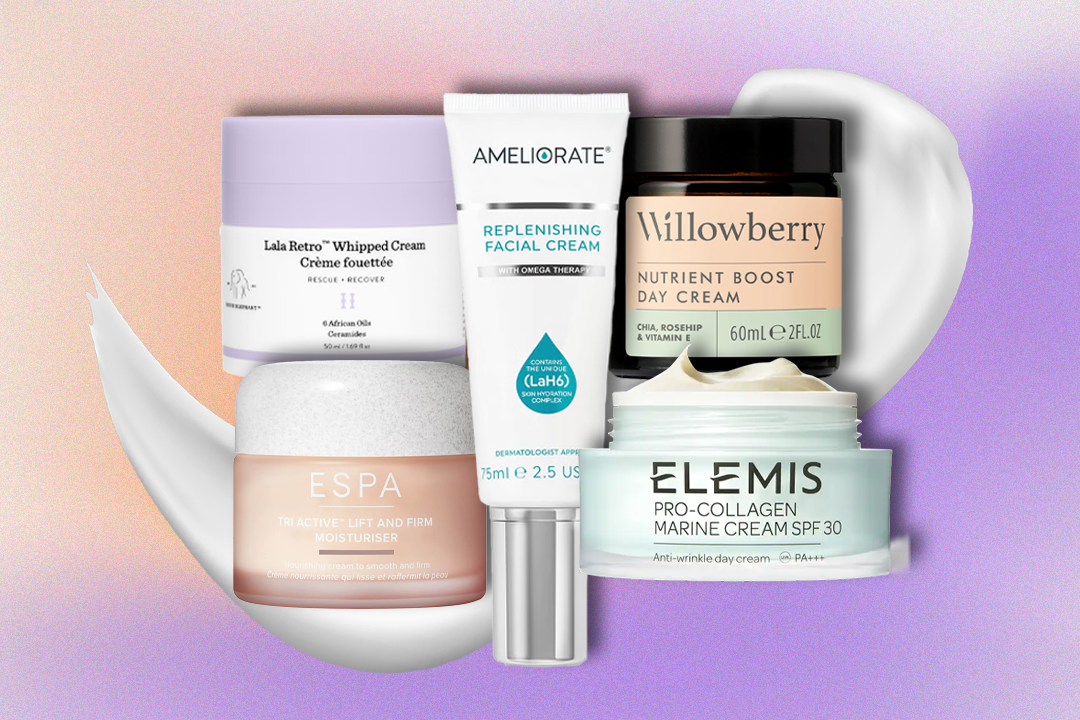
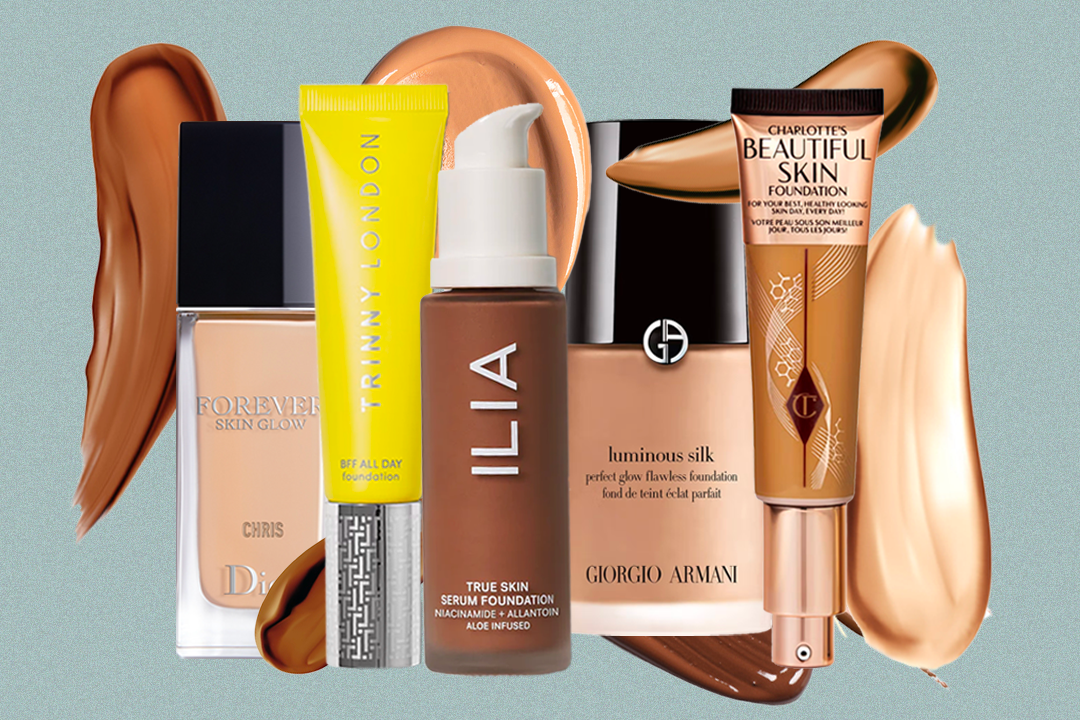
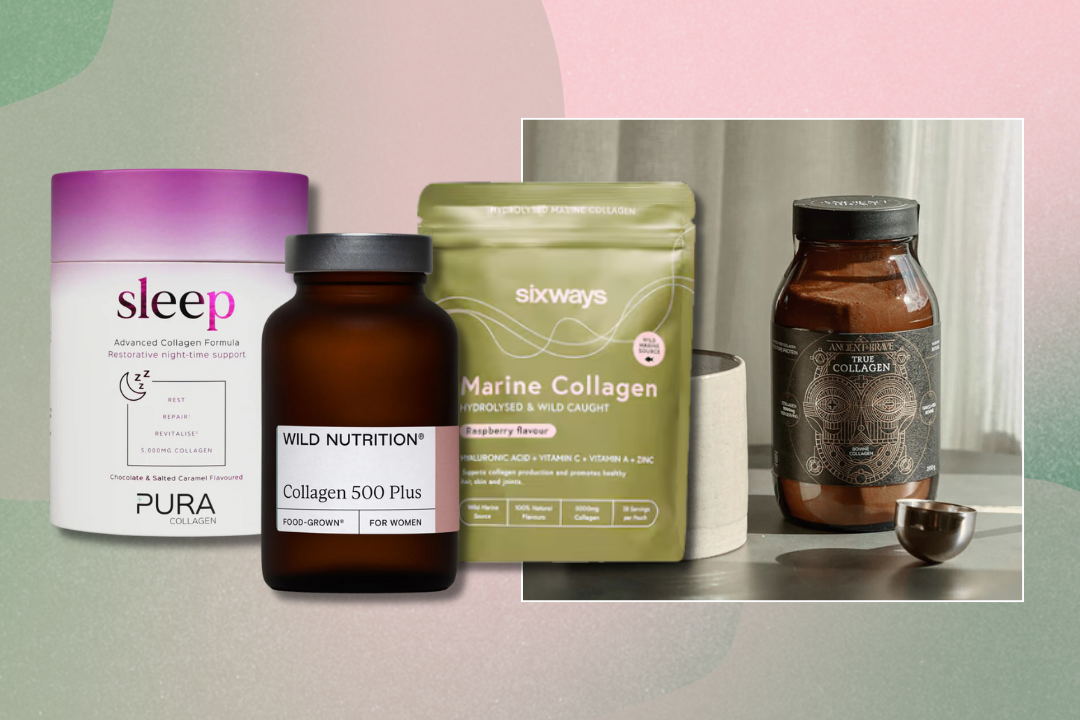
.jpg)
.png)
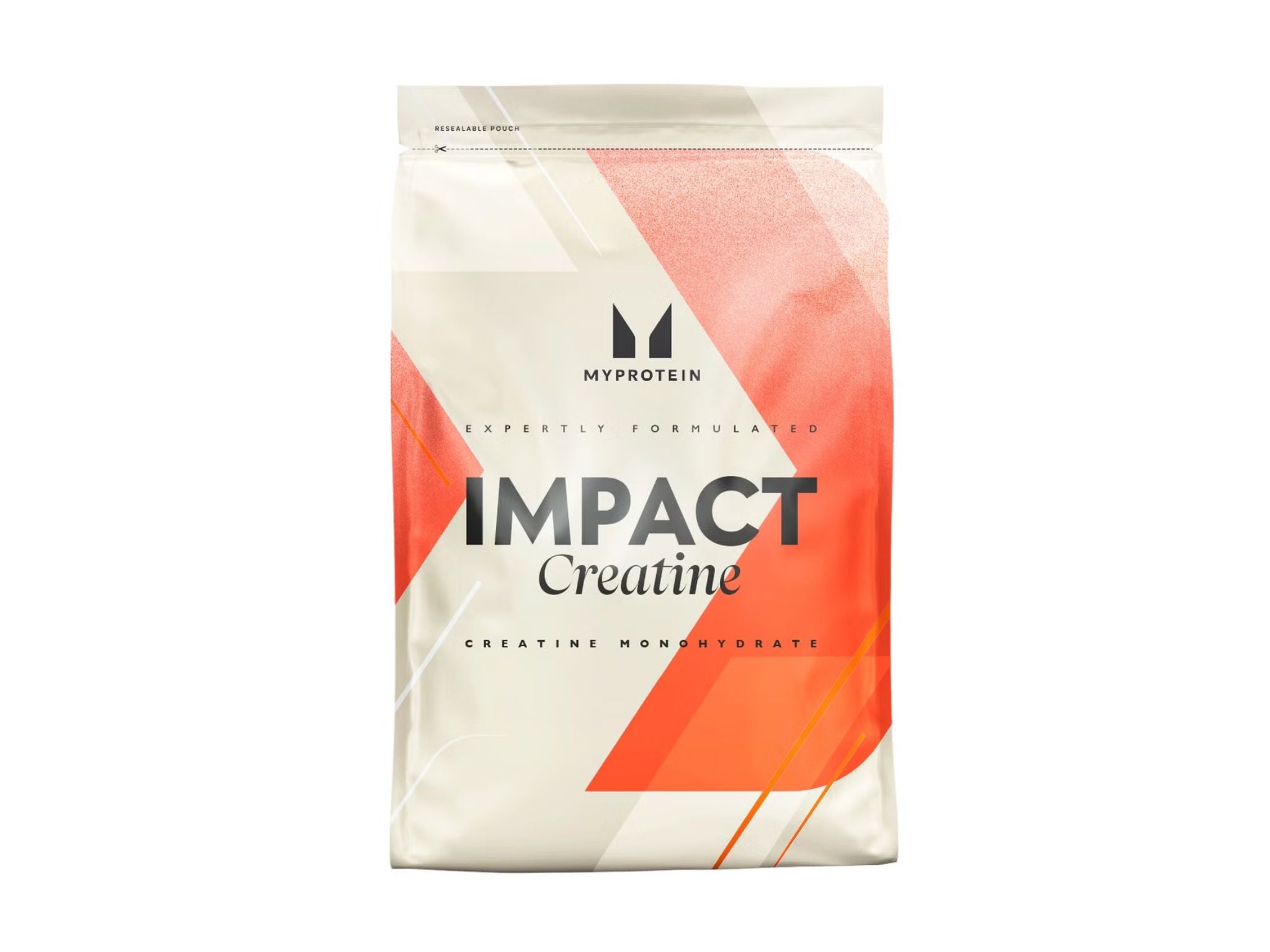
.png)
.png)
.png)